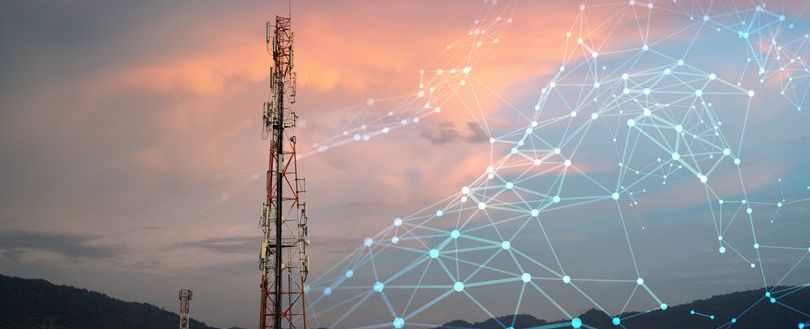
3G is being switched off
Like it? Share it!
17 August 2023
3G is retiring from service!
From its launch in 2003, 3G, with its high-speed mobile internet access, kick-started the mobile internet revolution. Over the last 20 years, technology continued to move at pace, and the “high speeds” that 3G delivered in 2003 are now considered slow compared to 4G, 4G+ and 5G.
When is it happening?
Now.
Vodafone is starting to decommission sites, region by region, and is aiming to complete by mid‑2024. At the same time, Vodafone will largely reuse the 3G band to broadcast 4G, which will improve speeds in those few locations where 3G is still the best available technology.
The other UK networks are following a similar path and timescales. EE and Three are planning to switch off their network during 2024, with O2 yet to announce its 3G switch off plans. This means some networks will continue to run the service beyond 2023, with 3G will still being available, but it will be in constant and steady decline until around 2025 from which point it is likely that no 3G coverage will be available.
What does this mean for me?
For the fire industry, if you have devices such as EN 54-21 transmission equipment capable of 4G, your service should improve, as now 4G will cover most of the areas that were previously only covered by 3G. Operators are expected to ensure that they offer a broadly equivalent level of 4G coverage ahead of 3G, and subsequently 2G, switch-off.
If you have devices capable of 2G and 3G, this device should fall back to 2G when it can no longer see a 3G service.
If you have 3G only devices, including those using a roaming SIM not provided by a UK mobile operator, you need to plan your strategy for removing these devices from service over time. Depending on the network, a 3G only device will become isolated – unable to connect to the outside world – at some point between now and potentially 2025.
What happens when 4G goes?
4G was launched around 10 years after 3G. This means it is a much more recent technology and is therefore only halfway through its lifespan as a worst case. It is likely 4G will be in service for at least another 10 years if you take 3G’s lifespan as a worst-case guide.
What happens when 2G goes?
Many alarm transmission devices that use 3G networks will fall back onto the 2G network once 3G is switched off and will continue to operate on that basis. However, the government and industry have also announced their intention to sunset the 2G network. The 2G network is expected to continue to operate until at least 2028 but will be switched off by 2033 at the latest. No UK operator has yet announced plans for the switch off of their 2G network. If you have a device that currently uses 2G, or will use 2G following the 3G switch off, you will need to develop a migration plan with this timeframe in mind.
The FIA is liaising with Ofcom to help raise awareness of the switch off. If you are unsure whether or not you and your customers will be affected, speak to your hardware provider about the product you have, and the latest products and roadmap as part of your planning.
Ofcom has provided further guidance and information via the links below:
- 3G switch off consumer guide
- 3G not spot data
- Ofcom mobile coverage tracker
- Connected Nations (contains information on 2G/3G/4G/5G network coverage)
If you need additional guidance, please don't hesitate to reach out to [email protected]. Our team of experts is always happy to assist you.
Related training
Related news
-
Record Rise in E-Bike and E-Scooter Fires Across London
28 January 2026
-
Guidance on IP Connectivity and Remote Services
19 January 2026
-
New FIA Guidance on BS 5839-1 Fire Alarm Categories
23 December 2025
